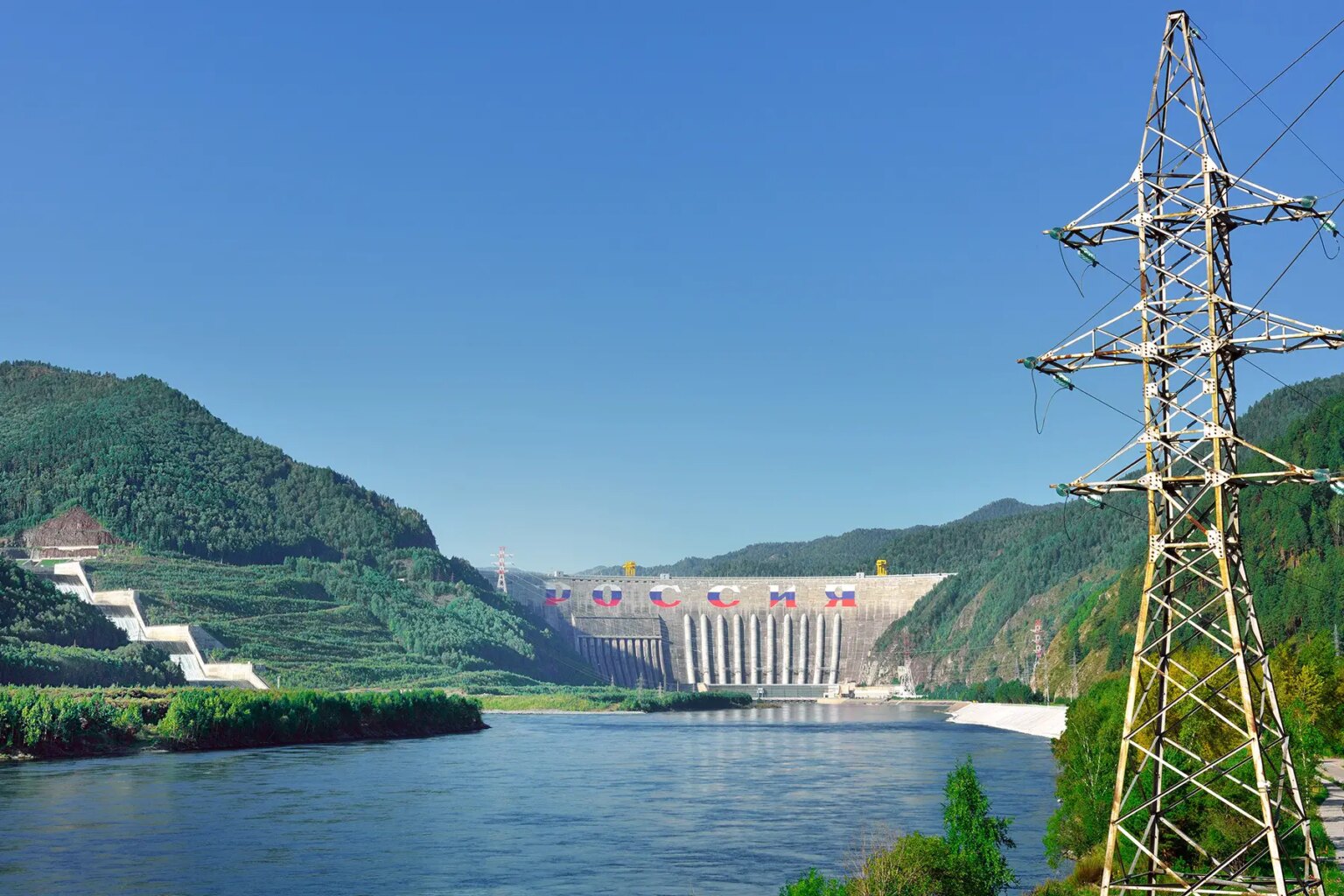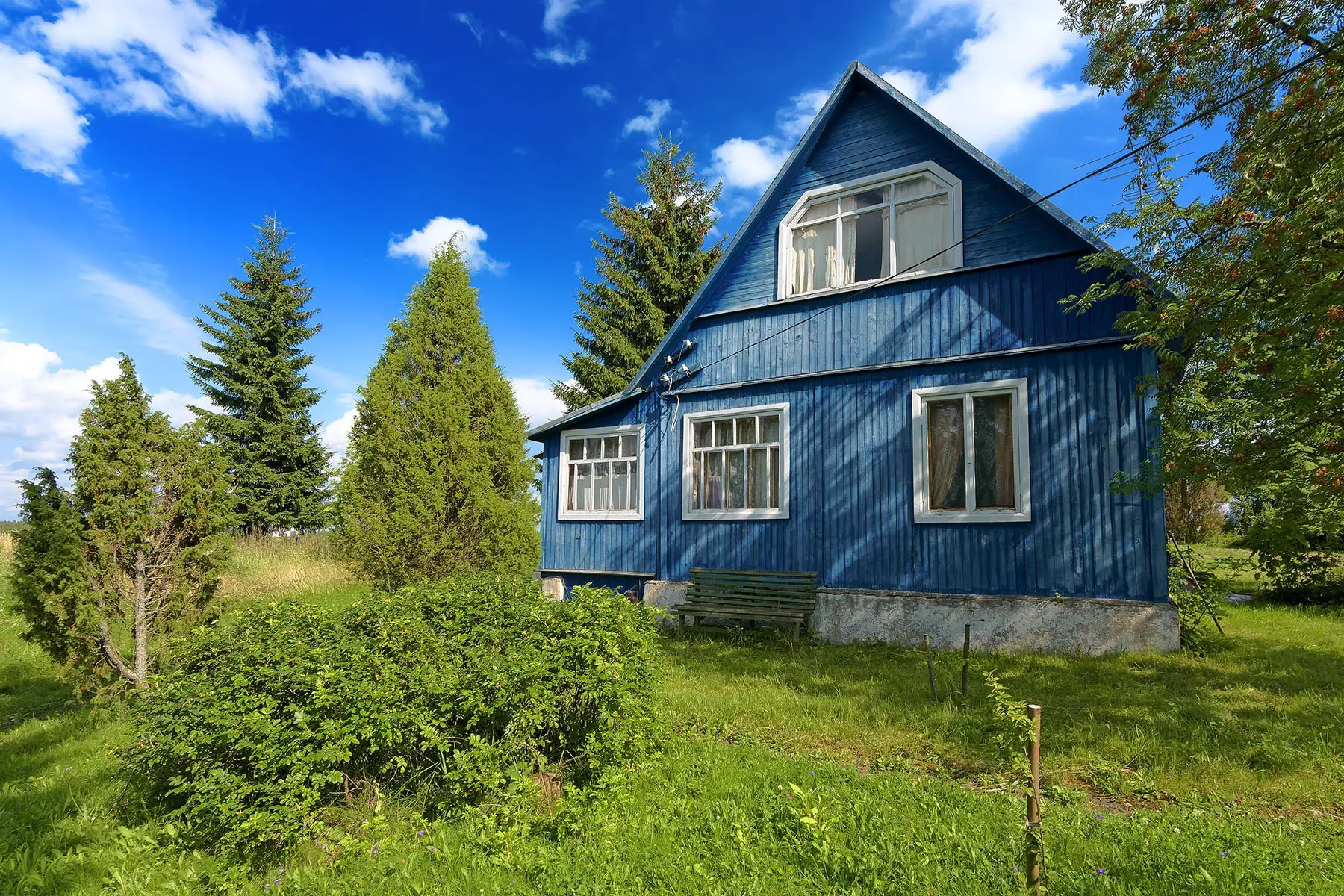Important notice from the Editor in Chief
Maintaining our Russian site is a delicate matter during the war. We have chosen to keep its content online to help our readers, but we cannot ensure that it is accurate and up to date. Our team endeavors to strike the right balance between giving information to those who need it, and respecting the gravity of the situation.
One of the first things to sort out when you move to Russia is your utilities. Knowing how you’ll keep your home warm, powered, and watered is essential. Once you’ve managed that, it’ll be time to think about how to set up your home phone, internet, and TV.
But how do Russian utilities work, and how much can you expect to pay? Read on to find out about:
Utilities in Russia
Organizing utilities in Russia might seem confusing at first glance. However, most utility companies are monopolies, which means that the provider you use depends on where you live. Nowadays, the Ministry of Construction, Housing, and Utilities of the Russian Federation (Minstroi, Минстрой) implements policy and legislation and oversees these companies.
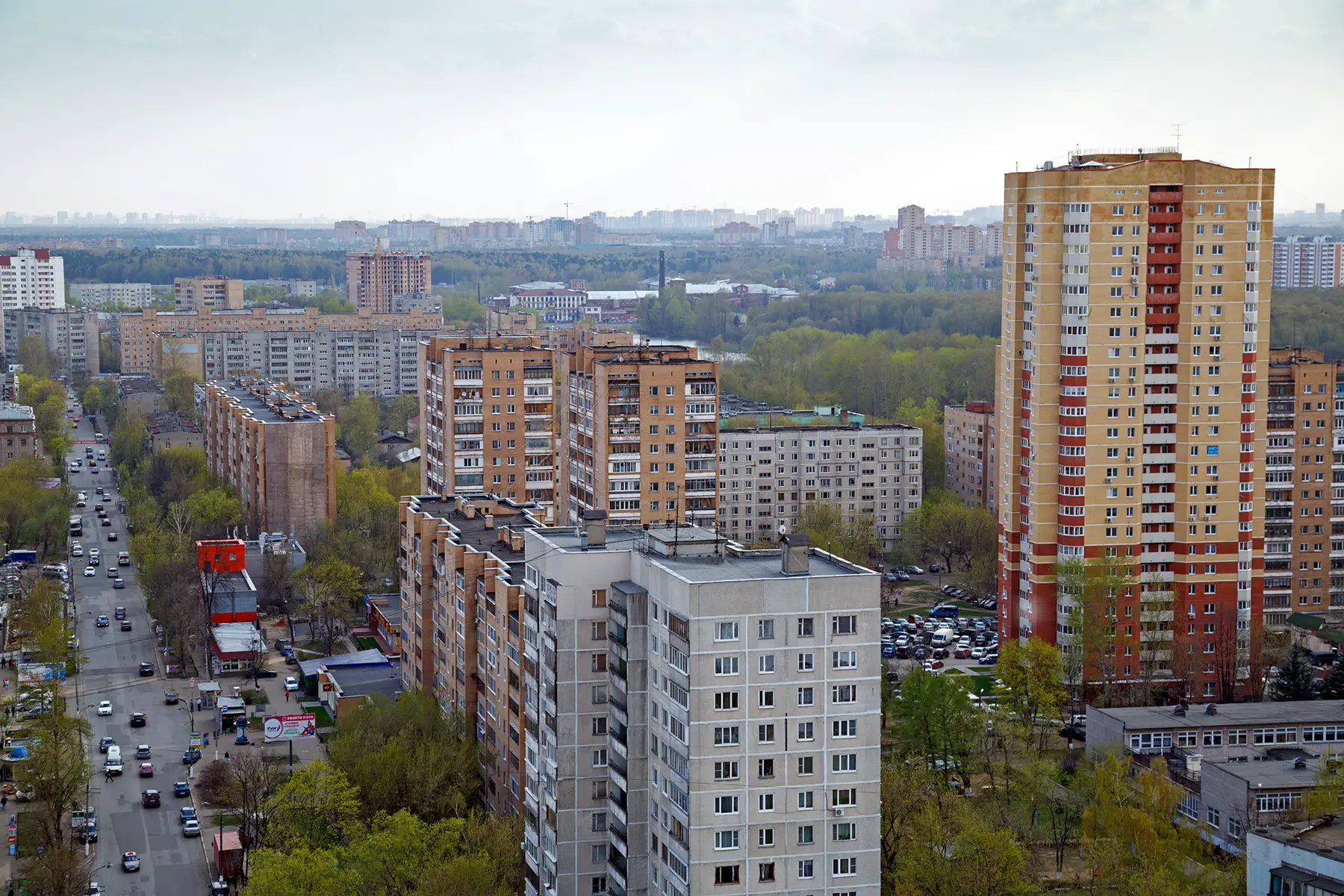
The nature of the utilities sector in Russia means you generally have no choice when it comes to suppliers. For example, electricity suppliers have a semi-monopoly in each region. Gazprom is the leading gas supplier, and regional companies maintain the water supply. You’ll usually find that your utility provider depends on where you live.
Getting connected in a new home
How you set up your home utilities in Russia depends on several factors. For example, are you moving for a short time or a long time? If you rent your accommodation, you’ll organize your utilities differently to those buying a home.
If you buy a property in Russia that isn’t connected to gas, electricity, or water, you will need to contact your regional provider. Organizing a connection can take anything from thirty days to a year, so it’s worth contacting them as soon as possible. You can pay your bills in many ways – look out for the abbreviation ЖКХ (Zh K Kh), which refers to housing and communal services. If you have a Russian bank account, you can usually pay online through their website. Otherwise, you can pay on the supplier’s website, at a payment machine, ATM, or post office. Contact your supplier if you are having trouble paying.
On the other hand, the process is more straightforward if you rent a home in Russia. Your rental costs might include utilities anyway, which means that you won’t need to consider additional costs. Usually, the landlord, homeowner, or building organization is responsible for signing up for utilities, and if the payment isn’t included in the rent, you might need to provide meter readings to your landlord. Check your rental contract to find out how to make utility payments.
Electricity in Russia
Russia uses a 220V supply voltage and 50Hz. Luckily for those moving from elsewhere in continental Europe, Russia uses the same plug sockets: type C and F. Bear in mind that if you’re moving from the US, you’ll need an adapter with a voltage converter – using the incorrect voltage can be extremely dangerous. You can buy an adapter at a reputable electronics shop or online.
Electricity suppliers
Russia offers a limited choice of electricity utility suppliers. Indeed, each of these has an effective regional monopoly, and it is difficult to change company. The primary providers in the three largest cities are:
- Mosenergosbyt (Мосэнергосбыт) – Moscow
- Peterburgskaya Sbytovaya Kompaniya (Петербургская Сбытовая Компания) – St. Petersburg
- Novosibirskenergosbyt (Новосибирскэнергосбыт) – Novosibirsk
Green energy in Russia
Russia is yet to make green energy a priority. Its primary source of renewable energy is hydroelectric power, and there is also a small amount of geothermal and wind power used. Although renewable energy is yet to take off in the country, some of these sectors are undergoing development.
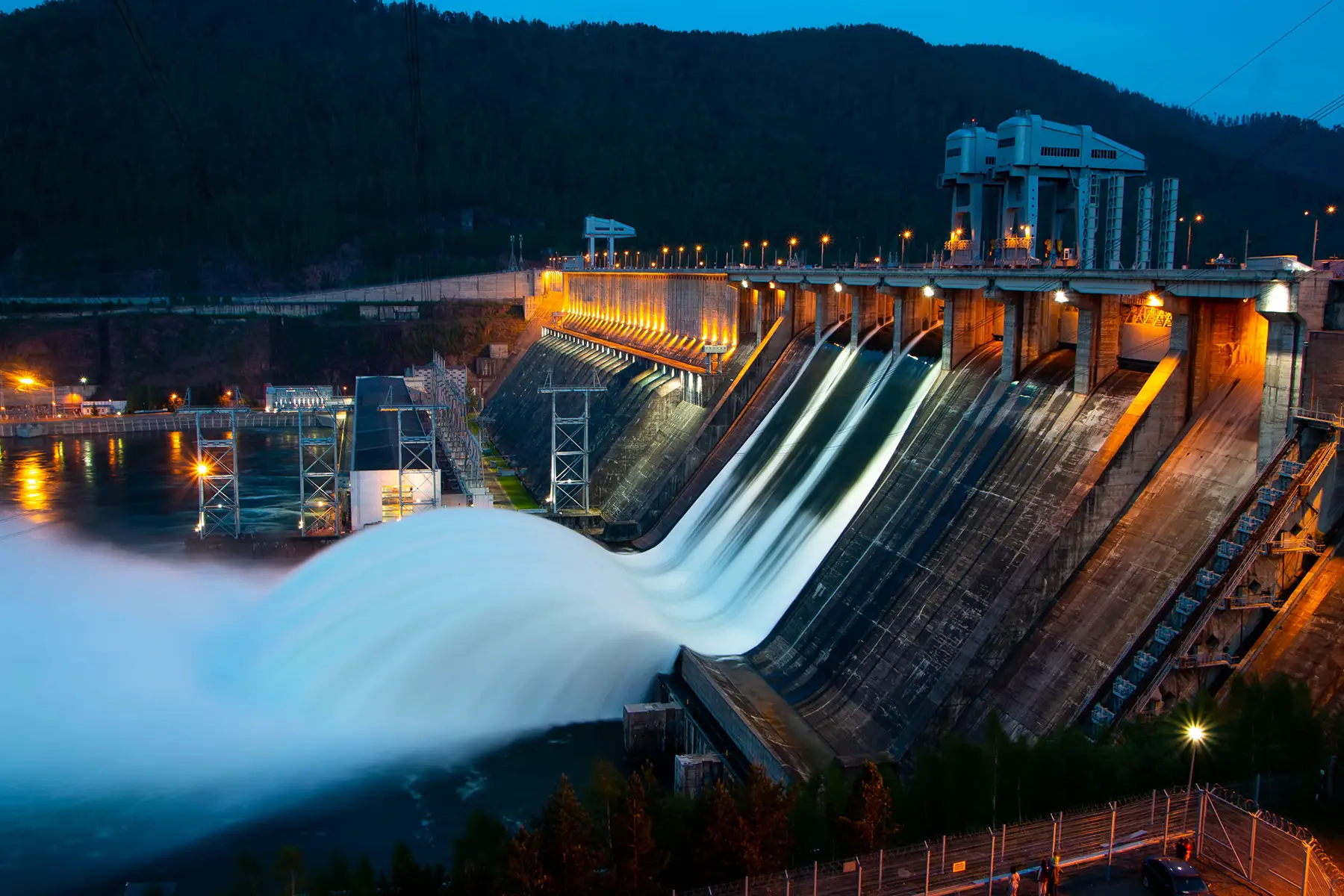
As electricity suppliers are monopolies, you won’t have much choice about your energy source. In theory, it’s possible to install your own solar panels, for example, but bear in mind that you will need somewhere to store the energy you generate. At the moment, it’s not possible to sign up for green tariffs from energy companies in Russia.
In addition to the country’s reluctance to invest in green energy, international environmental organizations such as Greenpeace have been branded ‘undesirable’ and banned from further activity in Russia.
Connecting and disconnecting electricity in Russia
If you move to a home that has been disconnected from the electricity network, you can submit an application with a local electricity supplier to have it reinstated. This is usually possible via your provider’s website. However, things become more complicated if you buy a home without any existing electricity connection. You will need to connect the property to the network, submitting an application to an electric grid company. In this case, contact your town hall (mera, мэра) who can advise you.
Electricity costs and tariffs in Russia
In Russia, you pay your electricity bills according to meter readings. The cost for installing and maintaining electricity meters is the responsibility of energy companies, and the data is transmitted automatically to the supplier.
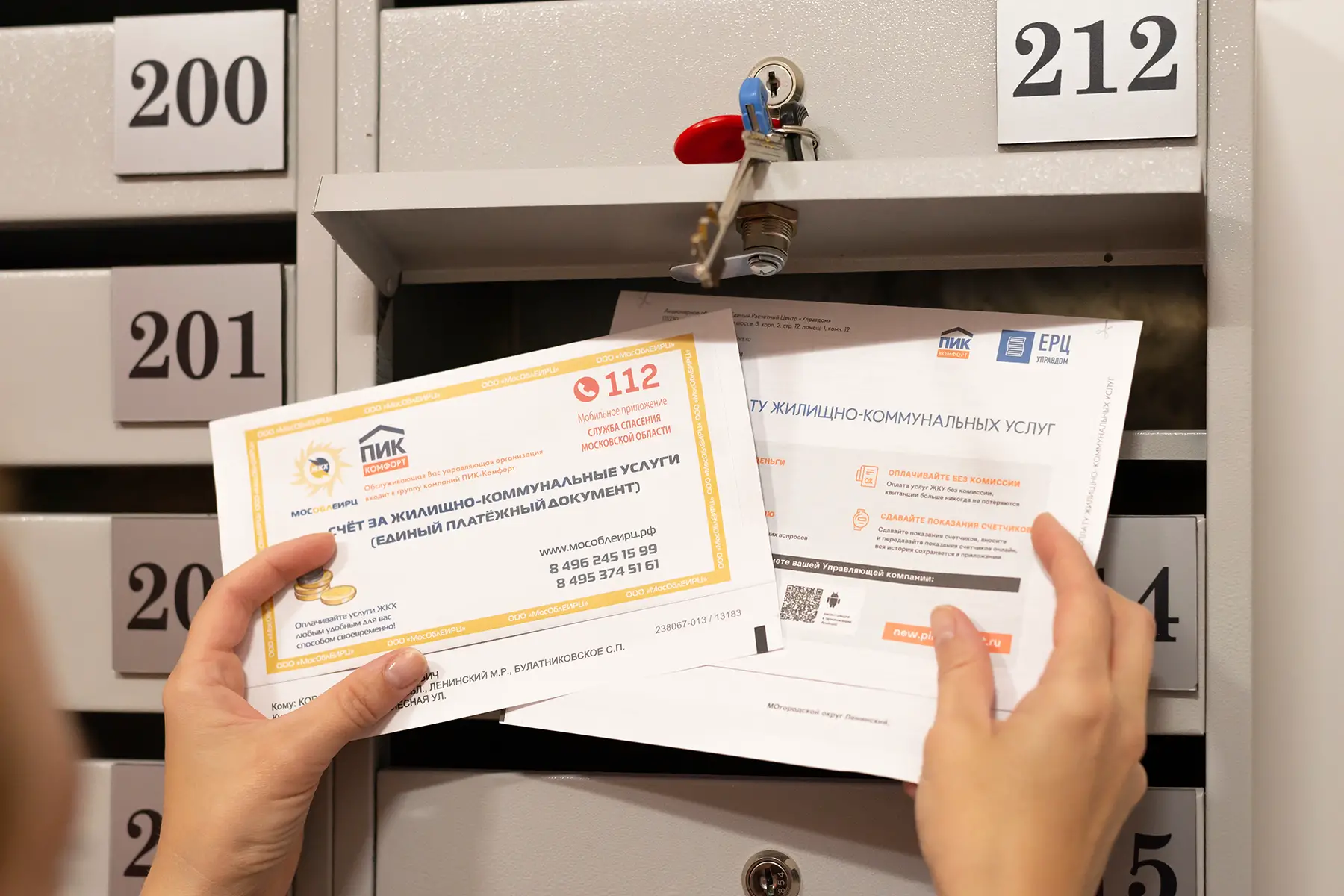
Electricity costs in Russia are significantly lower than elsewhere in Europe. For example, in 2022, you’re likely to pay a maximum of 7.10 ₽ per kilowatt-hour in Moscow. However, the price fluctuates according to peak times and the type of home.
Reporting electrical faults and carrying out electrical repairs in Russia
If you encounter electrical problems in your home in Russia, you should first contact your building manager to fix the issue. However, if you are the owner or your trouble stems from a supplier, you should contact them directly. They should diagnose the problem and repair it.
If you own your home and have problems with electricity and suspect it might be due to the supply, get in touch with your provider. Power cuts are less common in larger cities than in rural areas, but most electricity suppliers have an SMS subscription service to warn you of planned outages.
Making a complaint about an electricity company in Russia
If you’re having trouble with your electricity or your energy supplier has violated the terms of your contract, you can make a complaint. Get in contact with the supplier first, but if this is unsuccessful, you can lodge a complaint with one of the following bodies:
- Ministry of Energy of the Russian Federation (Minergo, Минерго)
- Federal Antimonopoly Service (FAS, ФАС)
Gas in Russia
Most apartments in Russia have communal heating. Water is heated centrally by burning coal, oil, or gas and piped to apartment buildings. This means you won’t have control over the temperature in your flat. If you have a gas stove or a gas heater, this will incur extra costs.
Connecting and disconnecting gas in Russia
Russia’s largest gas supplier is Gazprom. It’s the homeowner’s responsibility to make sure the home is connected to the gas supply – you can find out how to do this on the website of the Unified Gasification Operator of the Russian Federation. The gas supply itself is maintained and operated at the administrative regional level.
To get connected to gas, you need to submit an application to the gasification operator. You will also need to provide:
- Title documents for your property
- A plan of your property
- Your passport
- SNILS (social security number)
- Contact details
Contact your regional gas company to determine whether you need to disconnect gas when leaving your home and the associated costs.
Gas costs and tariffs in Russia
According to Moscow gas supplier, Gazprom Mezhregiongaz Moskva, the 2022 tariff for gas is 5,208 ₽ – 6,160 ₽ for 1,000 cubic meters. This works out several times cheaper than household gas prices in other European countries.
How much you spend on gas depends on the size of your home and the time of year. Bills in winter are higher – for example, you can expect to pay 2,500 ₽ – 4,000 ₽ per month from November 2021 to March 2022. Financial aid for gas bills is available in some cases, including for war veterans, large families, and people with disabilities.
Reporting gas faults and carrying out gas repairs in Russia
Your gas equipment should be checked at least once per year to make sure it’s safe and functioning. The homeowner should have a contract with the gas company to ensure this is the case.
For most gas faults, you can call your gas supplier. However, call 104 for the gas service or 112 in an emergency if you smell gas in your home.
Making a complaint about a gas company in Russia
When it comes to making complaints about your gas supply, your first step should be to contact your gas supplier. You should be able to find contact details on your provider’s website. Once you have outlined the issue, the company must respond by law.
Should you still face issues, you can contact the Ministry of Energy of the Russian Federation (Minergo, Минэрго). You can submit an appeal in person, with a physical letter, or online.
Water supply in Russia
Water utilities in Russia are also managed by several regional companies. These provide water to your home and also deal with wastewater disposal. If you need to connect water to your home, you first need to find your local water company (vodokanal, водоканал) and send them an application. You can do this by contacting your local administration or using this search tool.

Water costs and tariffs in Russia
Water costs, like other prices, vary from region to region. For example, in Moscow in 2022, you can expect to pay about 43.57 ₽ per square meter of drinking water and 32.02 ₽ for water disposal. This price is usually included in your household utility bill (ЖКХ). Like other payments, you can pay online via the water company website, your bank, the online state services portal, or at a payment machine.
Water repairs and complaining about your water supply
If you have water damage from a neighbor’s water supply, you should contact them to find the cause. However, if your pipes are leaking, you should call your building’s management organization (UK, УК), who will send a plumber. For leaks that occur at night, weekends, or during the holidays, call the emergency service of your local water utility.
If you have problems with the water supply itself, first contact the building management, if applicable. If the problem stems from the supplier, get in touch with them to resolve the situation. However, if this does not solve the problem, contact your local administration or Rospotrebnadzor.
Can you drink tap water in Russia?
Depending on where you live in Russia, it might not be a good idea to drink tap water. About 76% of people in Russia have access to safely managed drinking water services, compared to 98% in the European Union and 92% in Europe and Central Asia (78% excluding high-income countries). Moscow and St. Petersburg generally have a higher quality drinking water supply than the rest of the country. Meanwhile, it’s best avoided in Tomsk, Kalmykia, the Sakha Republic, Karelia, and some other regions. If you’re not confident your tap water is clean, filter it, boil it, or stick to drinking bottled water.
Useful resources
- Mos.ru – Moscow Mayor official website. Provides day-to-day information on living in Moscow and local news.
- Rosprotrebnadzor – Russian consumer rights body. Handles consumer appeals.
